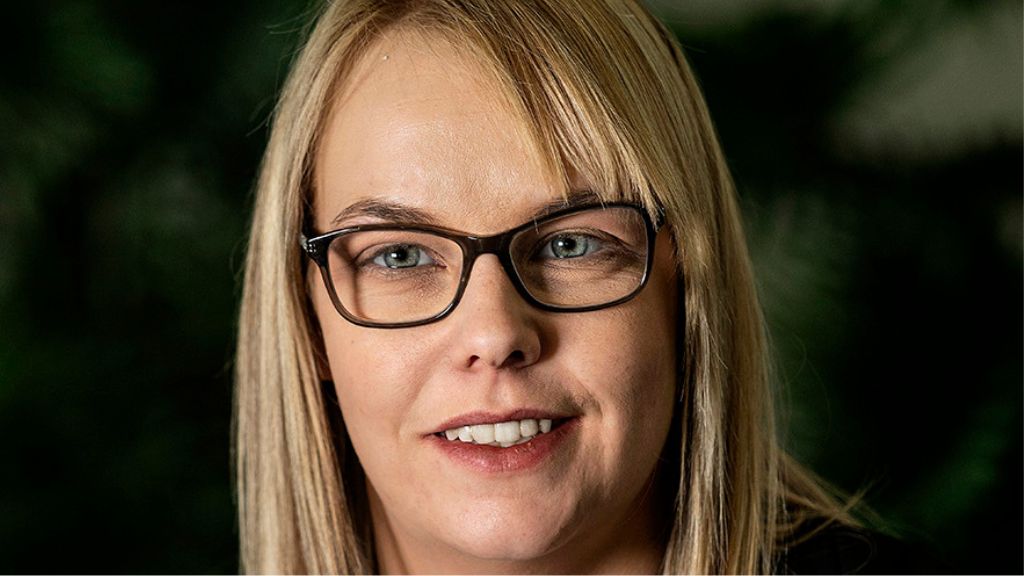Senior living research reveals importance of support network

Research by consumer and location intelligence analyst CACI suggests that senior living providers should be looking at areas with middle-aged populations, as well as those with more elderly populations. This will allow them to target those who will be making decisions for elderly relatives, as well as tailor their offers to meet their preferences as they look towards their own care options.
The survey was designed to consider perceptions of the senior living sector, comparing the views of people who currently have a loved one in care with those who do not. In both instances, the majority of respondents to the survey – 66% of those with a loved one in care, and 61% without – believe that when making the decision on accommodation, proximity to family or a loved one is important. This compares with 31% and 14% respectively who think proximity to their existing home is important, suggesting that site selection should be focused on areas with a higher proportion of the elderly person’s support network.
In addition, for 75% of cases, the person in charge of deciding the living situation of an elderly person is a loved one. This emphasises the need to make a concerted effort to promote facilities to family and friends, as well as the elderly person, to gain the confidence of all decision-makers.
The research also revealed the potential for enhancing provisions of other forms of elderly living care. While among respondents with a loved one in care there is no clear preference in accommodation type, for those without a loved one in care, 63% see domiciliary as the best option. This should encourage more investment into in-home paid care, as there is a clear desire from decision-makers to see their loved ones remain in their own home for as long as possible.
Tom Clarke, senior care lead at CACI, said: “This research sets out clear findings that will really help people working in senior living deliver the best types of support for the future. We know there has previously been a thought that the best place to have care homes is closer to where older people live, on the basis that the transition would be easier. What we are seeing however is that decision-makers, who are typically loved ones, have a preference to relocate closer to where they are instead. Having a support network close by is clearly important.
“What has also come to light is just how significant the desire is for older people to be able to stay at home. While this shouldn’t be seen as taking away from the other forms of senior living, domiciliary care is a growth market, and investment in it by both commercial and public sector providers is necessary to ensure the entire sector is future-proofed.”




